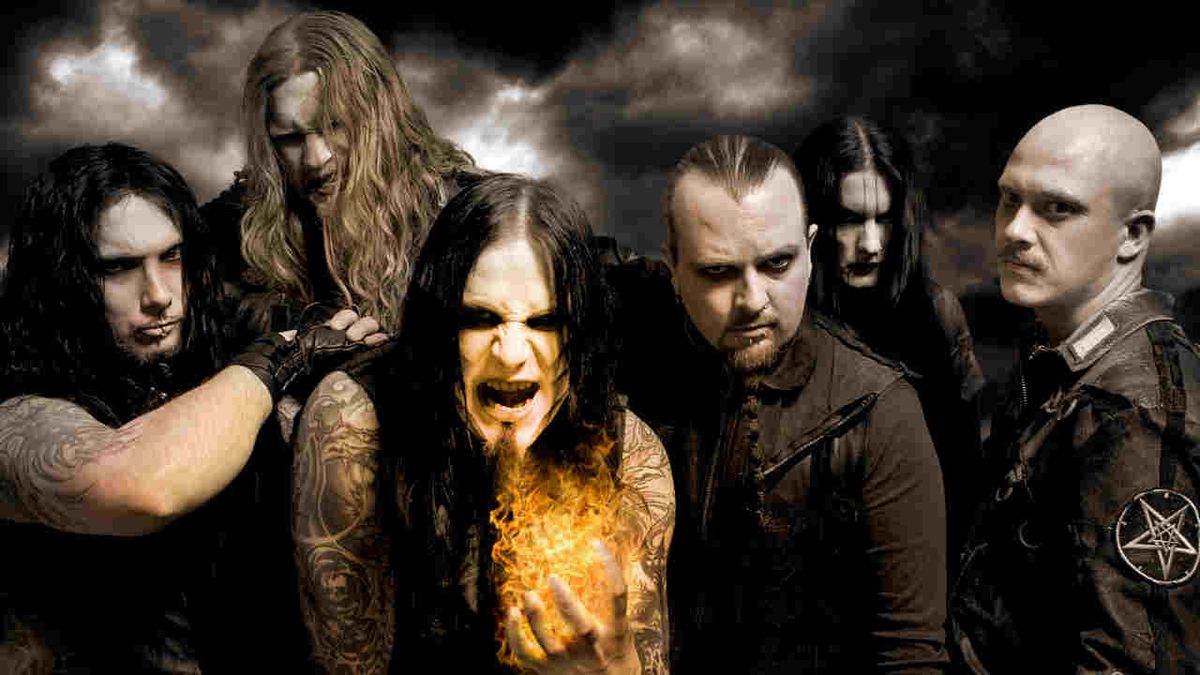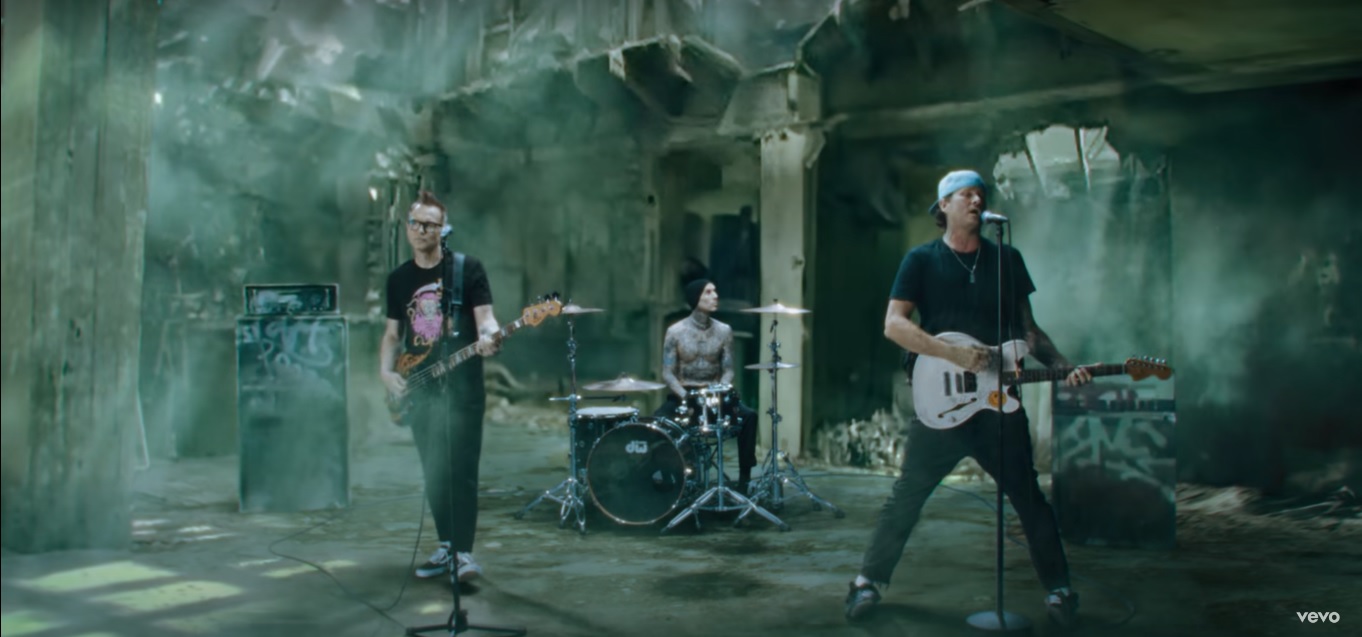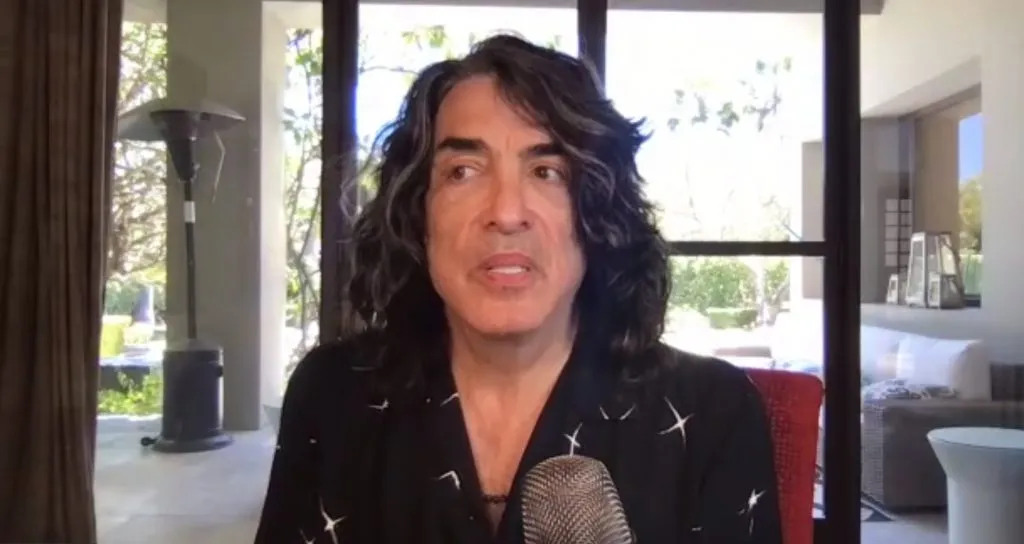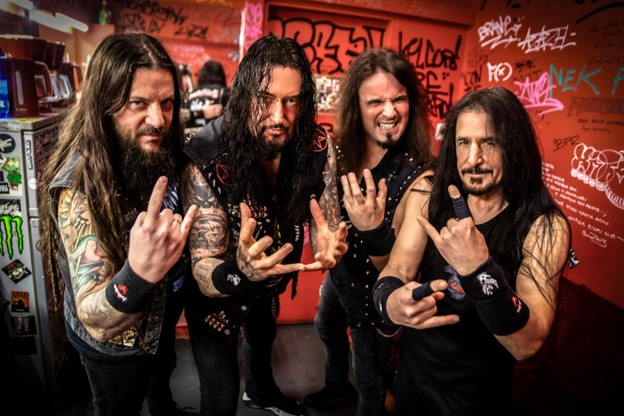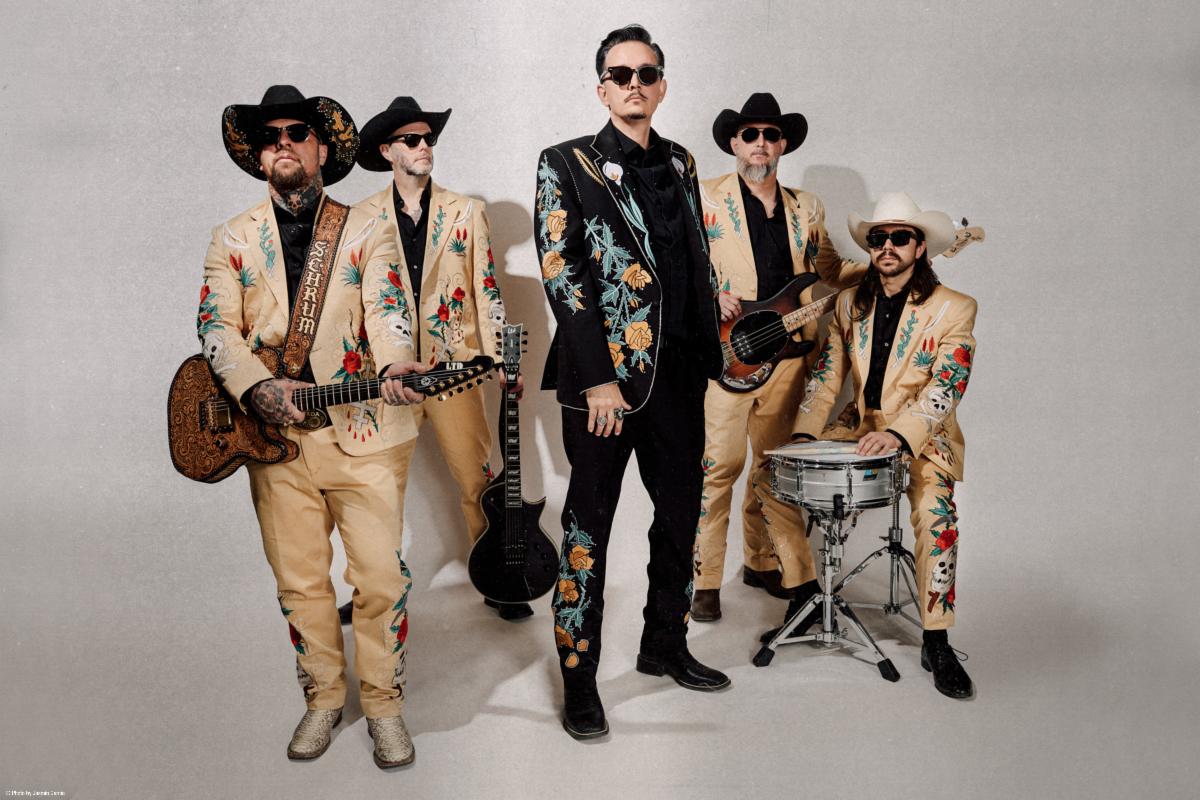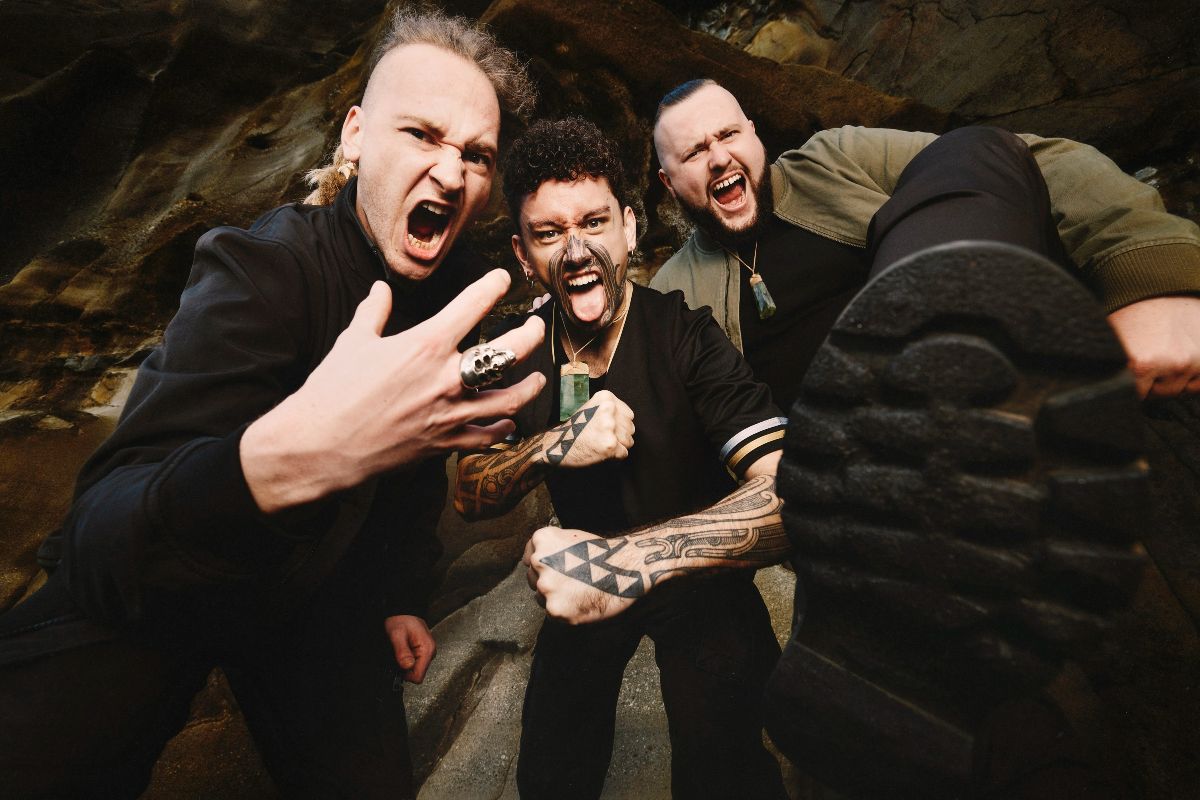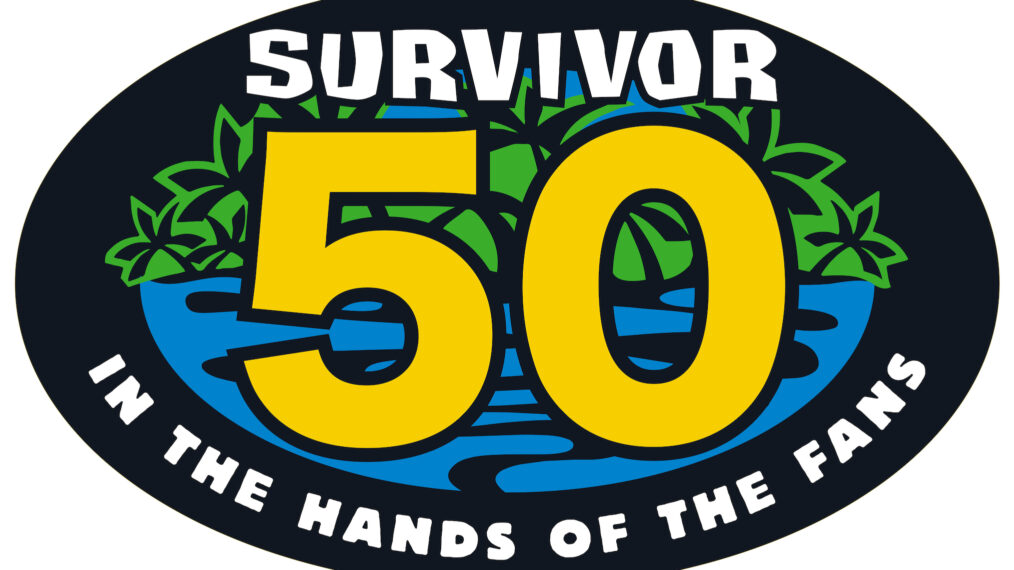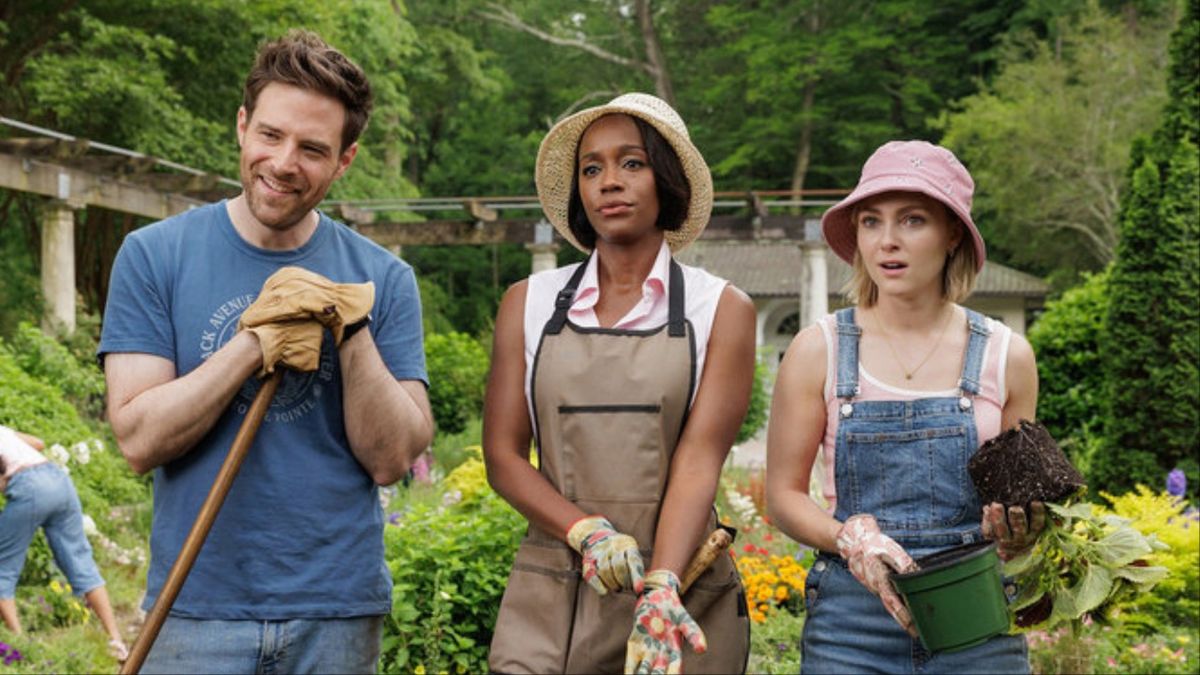Remember the days when buddy cop shows were the bread and butter of American television?
From Starsky & Hutch to Miami Vice, the genre gave us mismatched partners who bickered, bantered, and ultimately brought down the bad guys.
It was escapism at its finest — a world of fast cars, sharp one-liners, and explosive finales.


But over the years, the buddy cop genre has faded from the U.S. small screen.
Don’t worry, though; it’s alive and well — it just packed its bags and went global.
A Brief History of Buddy Cop Glory
The buddy cop formula hit its stride in the 1980s and 1990s, an era when the appeal of Lethal Weapon and Beverly Hills Cop carried over from the big screen to TV.
Shows like Starsky & Hutch and Cagney & Lacey offered variations on the theme, combining humor, action, and, occasionally, a dash of drama.


Audiences loved the chemistry between the leads, whether it was Ponch and Jon zipping through CHiPs on their motorcycles or the street-smart detectives of Hill Street Blues trading barbs in the squad room.
As the 2000s rolled in, the buddy cop formula began to evolve, experimenting with nontraditional partnerships and formats.
Take Terriers, for example.
The show wasn’t a buddy cop series in the strictest sense — it followed two unlicensed private investigators — but it embodied the mismatched duo dynamic the genre thrives on.
Donal Logue and Michael Raymond-James brought humor, heart, and a touch of chaos to their roles, earning the show a devoted cult following.


Unfortunately, Terriers was a victim of poor marketing and stiff competition, not the genre itself.
FX struggled to convey the series’s theme, pairing an ambiguous title with promotional efforts that didn’t resonate with potential viewers.
Competing against heavyweights like Sons of Anarchy, Terriers couldn’t find its audience and was canceled after just one season.
It’s a cautionary tale about how even well-crafted shows can falter without proper network support.
Meanwhile, other U.S. shows like Psych, White Collar, and Burn Notice kept the buddy cop spirit alive, albeit in unconventional ways.
Psych leaned heavily into comedy, with Shawn and Gus solving crimes through witty banter and wild antics.


White Collar swapped police badges for con artistry, pairing a slick criminal with a by-the-book FBI agent in a show oozing charm.
Burn Notice added a spy-thriller twist, blending high-stakes action with buddy-cop banter, courtesy of Michael and Sam.
Even with these reinventions, the core appeal of the buddy cop genre — contrasting personalities working together — remained intact.
Yet, by the mid-2010s, U.S. networks pivoted toward serialized storytelling and darker themes, leaving less room for the breezy, episodic adventures that defined buddy cop TV.
Classic U.S. Shows That Defined the Genre


To understand why the buddy cop genre thrived for so long, it’s worth revisiting some of its staples.
Shows like CHiPs and T.J. Hooker showcased the fun, action-packed side of policing.
Ponch and Jon’s chemistry in CHiPs gave the series a lighthearted appeal, while William Shatner’s portrayal of T.J. Hooker as a grizzled mentor added depth to a more traditional cop show.
And then there’s Cagney & Lacey, a true trailblazer.
This show proved that the buddy cop dynamic could work just as well with female leads, tackling serious societal issues without losing its sharp wit or emotional resonance.


One of the most memorable twists on the buddy cop formula came from north of the border with Due South.
This Canadian-American series paired Constable Benton Fraser, a straight-laced and impossibly polite Mountie, with Ray Vecchio, a street-smart and cynical Chicago detective.
Their dynamic was pure gold: Fraser’s unwavering adherence to rules and decorum hilariously clashed with Vecchio’s world-weary pragmatism.
Add Fraser’s loyal wolf companion, Diefenbaker, and the show struck a perfect balance between quirky humor and heartfelt storytelling.
Its unique charm earned it a devoted fanbase and cemented its place as a cult classic.


Even lesser-known gems like Life brought something special to the table.
Damien Lewis played Charlie Crews, a wrongly imprisoned cop-turned-detective with a newfound zen approach to life.
His unconventional philosophy clashed beautifully with his more skeptical partner, Dani Reese, creating one of the most unique dynamics in the genre.
Overseas: A Fresh Take on a Classic Formula
While the U.S. turned its back on buddy cop shows, international markets embraced the genre with open arms — and gave it a much-needed facelift.
Take The Mallorca Files from the UK, where a British detective and a German detective clash and connect while solving crimes against the idyllic backdrop of Mallorca.


It’s breezy, charming, and unapologetically fun — a throwback to the golden age of buddy cop TV with a modern twist.
France’s Nice Girls, although a movie, pairs two women from vastly different worlds on a murder investigation tied to their pasts.
Equal parts action and comedy, it’s proof that the buddy cop dynamic can thrive when given fresh voices and perspectives.
And let’s not forget Canada’s Wild Cards, a new series where a con artist teams up with a disgraced cop demoted to sea patrol.
Its quirky premise and oddball pairing echo some of the charm of Terriers but with a uniquely Canadian twist.
Watch The Mallorca Files Online


International markets have also leaned into unique cultural angles, like Norway’s Beforeigners.
It might not be a traditional buddy cop show, but pairing a modern detective with a Viking time traveler creates that classic clash of personalities wrapped in a crime-solving narrative.
Why It Works Abroad
International buddy cop shows thrive for a few reasons.
First, they haven’t been oversaturated like U.S. television, so the formula still feels fresh.
Second, they lean more on character-driven storytelling and unique settings — like The Mallorca Files’ sunny beaches or London’s gritty streets — than on police tropes.


Cultural context also plays a role.
In many countries, police dramas aren’t scrutinized through the same lens as in the U.S., allowing these shows to retain their escapist charm.
And by blending the buddy cop dynamic with other genres, like sci-fi or historical fiction, they’ve managed to keep audiences hooked.
Is There Hope for a U.S. Comeback?
While traditional buddy cop shows have taken a backseat, the essence of the genre lingers in other forms.
Shows like The Rookie play with the formula, pairing contrasting personalities in crime-solving scenarios while steering clear of outdated tropes.
Watch The Rookie Online


And on the big screen, movies like Bad Boys: Ride or Die prove there’s still an appetite for high-octane buddy action.
In order to revive the genre, U.S. networks would need to take a page from their international counterparts.
By embracing diverse voices, blending genres, and focusing on relationships at the core of the story, there’s no reason buddy cop shows couldn’t stage a comeback.
After all, who doesn’t love watching two unlikely partners begrudgingly learn to work together?


What’s Your Favorite Buddy Cop Duo?
The buddy cop genre thrives on partnerships, and we want to hear from you!
Are there shows you miss or hidden gems you think deserve more love?
Do you think the U.S. is ready for a revival, or are you enjoying the international takes?
Share your favorite mismatched duos with us — we’re all about celebrating the magic of teamwork (and witty banter)!




